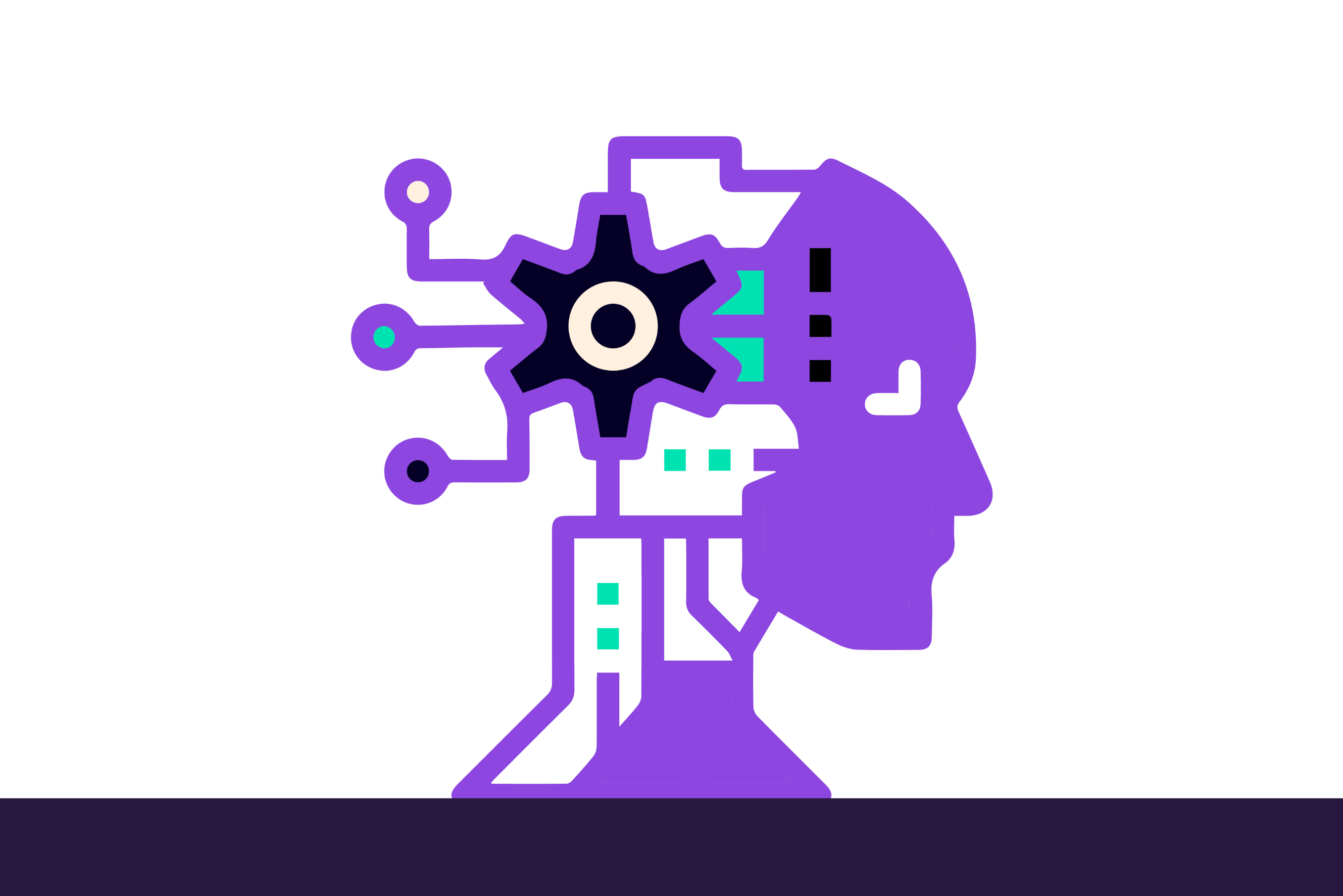The role of technology in field service
Technology plays a crucial role in transforming the field service industry. Whether you run an installation company, painting company or service company; learn how to use technology to take your field service to the next level. Read on for practical tips!
Thijs - 25 juni 2024 - 4 min

